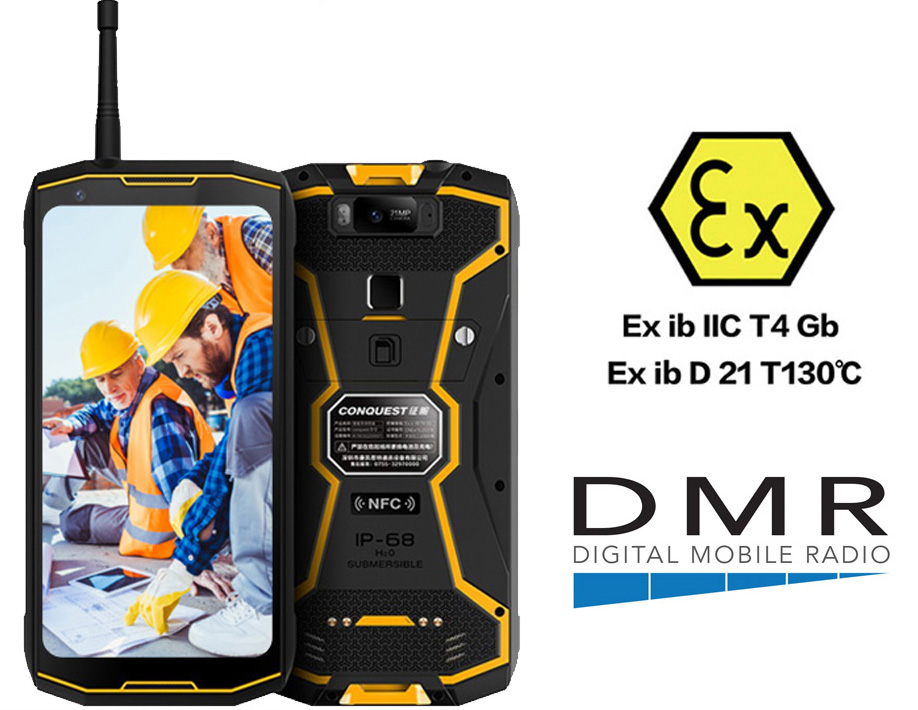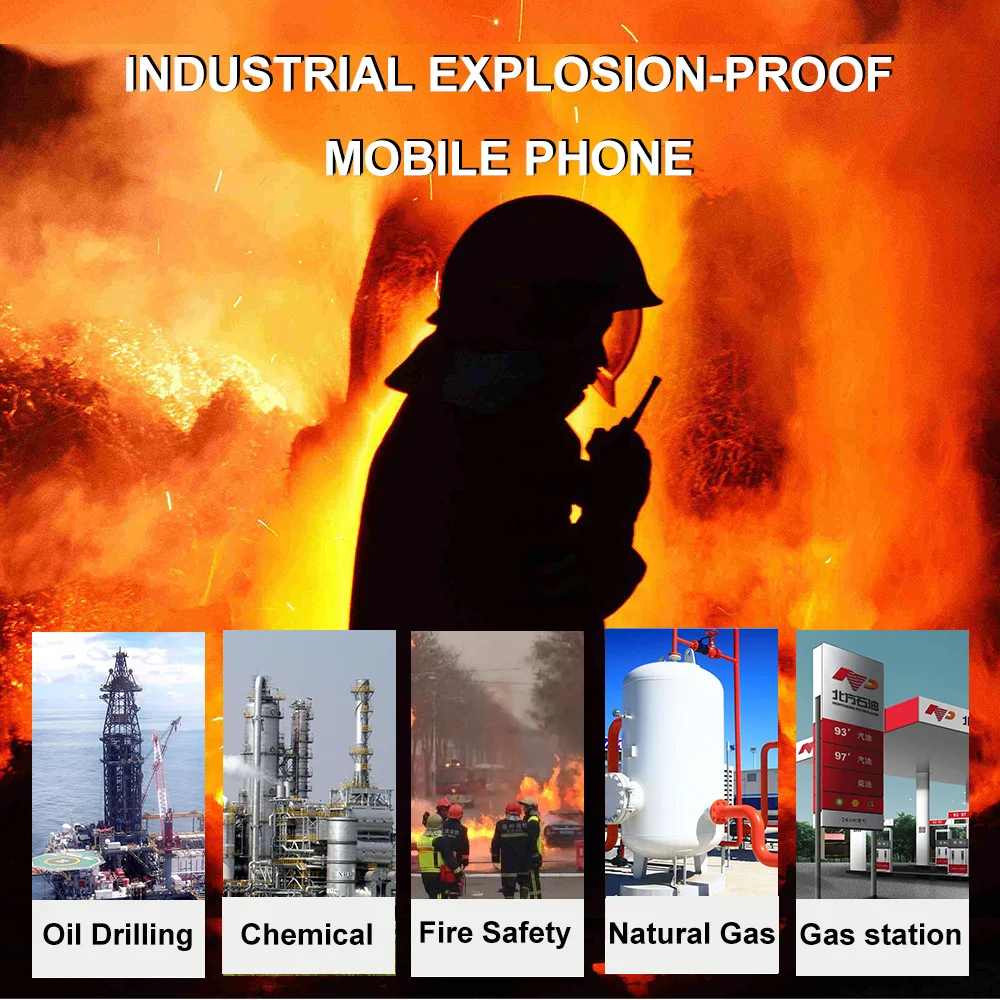 View:999+
View:999+The reminder signs of "No Smoking" and "No using mobile" are very eye-catching at gas stations. However, open flames cannot be used at gas stations. We all know the reasons. However, "No using mobile" has puzzled many people. So, what are the dangers of using mobile phones at gas stations? Because gasoline is a volatile substance, it is impossible to completely seal gasoline in gas stations and easily volatilize to form a mixture of oil and gas. Therefore, gas stations are flammable and explosive places. Switches, lamps and other items used in gas stations are all It should be of explosion-proof type.

Then why "No using mobile"?
When people use mobile phones to make calls, the intensity of the radio waves emitted by the mobile phone will be higher than the intensity in the standby state. The antenna of the mobile phone will generate radio frequency currents with the radio waves (radio frequency electromagnetic radiation) emitted by the mobile phone. When there is circulation between conductors, it is easy to produce radio frequency sparks in case of corrosion or poor contact. Don't underestimate this RF spark, it may induce a mixture of fuel gas and air. At the same time, gas stations have two most dangerous areas, where the concentration of oil and gas mixtures is very high. One is around the breathing valve of the underground oil tank protruding from the ground. When oil is poured into the underground oil tank, high-concentration oil and gas will be squeezed out of the breathing valve of the oil tank, thereby forming a dangerous zone. The other is around the refueling port. When refueling the car, the oil and gas molecules in the fuel tank will be squeezed out to form a dangerous zone. The two dangerous areas have a higher concentration of oil and gas mixtures, which theoretically may cause burning when calling a mobile phone.
Not just making calls, high-strength mobile signals can also threaten the safety of gas stations. This is why many gas stations do not support mobile payments, but instead use cash or credit cards to pay.

CONQUEST S12 PRO ATEX safety explosion-proof handheld terminal has passed the explosion-proof inspection by the China Petroleum and Chemical Industry Electrical Products Explosion-proof Quality Supervision and Inspection Center, and has obtained the corresponding explosion-proof certificate. The explosion-proof handheld device adopts an intrinsically safe circuit design and is suitable for hazardous locations with IIC-level explosive mixtures, such as petroleum, chemical, storage, docks, and mining industries.

In addition to the warning word "No smoking" at gas stations, people also often see related slogans "No using mobile". Gas station is a special place, which is easy to cause explosive gas leakage such as gasoline and natural gas. Especially in summer, when the temperature is high, gasoline evaporates quickly, and the concentration of gasoline in gas stations is high. When it reaches a certain concentration, any small sparks or static electricity invisible to the naked eye will cause an explosion.

Therefore, although this possibility is minimal, from the perspective of dangerous goods management, the use of wireless terminals and mobile phones that have not been tested for explosion-proof at gas stations is dangerous. Therefore, explosion-proof handheld terminals used in gas stations must pass the national standard explosion-proof inspection and meet the national explosion-proof requirements.
At present, the explosion-proof handheld terminals that have been used in gas stations at home and abroad are all used indoors far away from the gas dispenser. No oil company has clearly confirmed whether explosion-proof handheld terminals can be used next to the fuel dispensers in gas stations. At present, more and more oil companies are expressly prohibiting the use of hand in gas stations.
From the above comparison, the transmission power of explosion-proof handheld terminals is an order of magnitude lower than that of ordinary wireless devices, and it will be safer to use in gas stations, while ordinary terminal devices may have certain explosion-proof safety hazards. So far, GSM/GPRS and CDMA devices have been banned from being used in gas stations in many countries, but explosion-proof handheld terminals are allowed to be used in such places in many countries and regions.













 Email us >
Email us >




